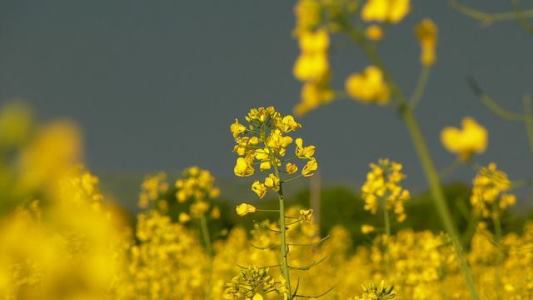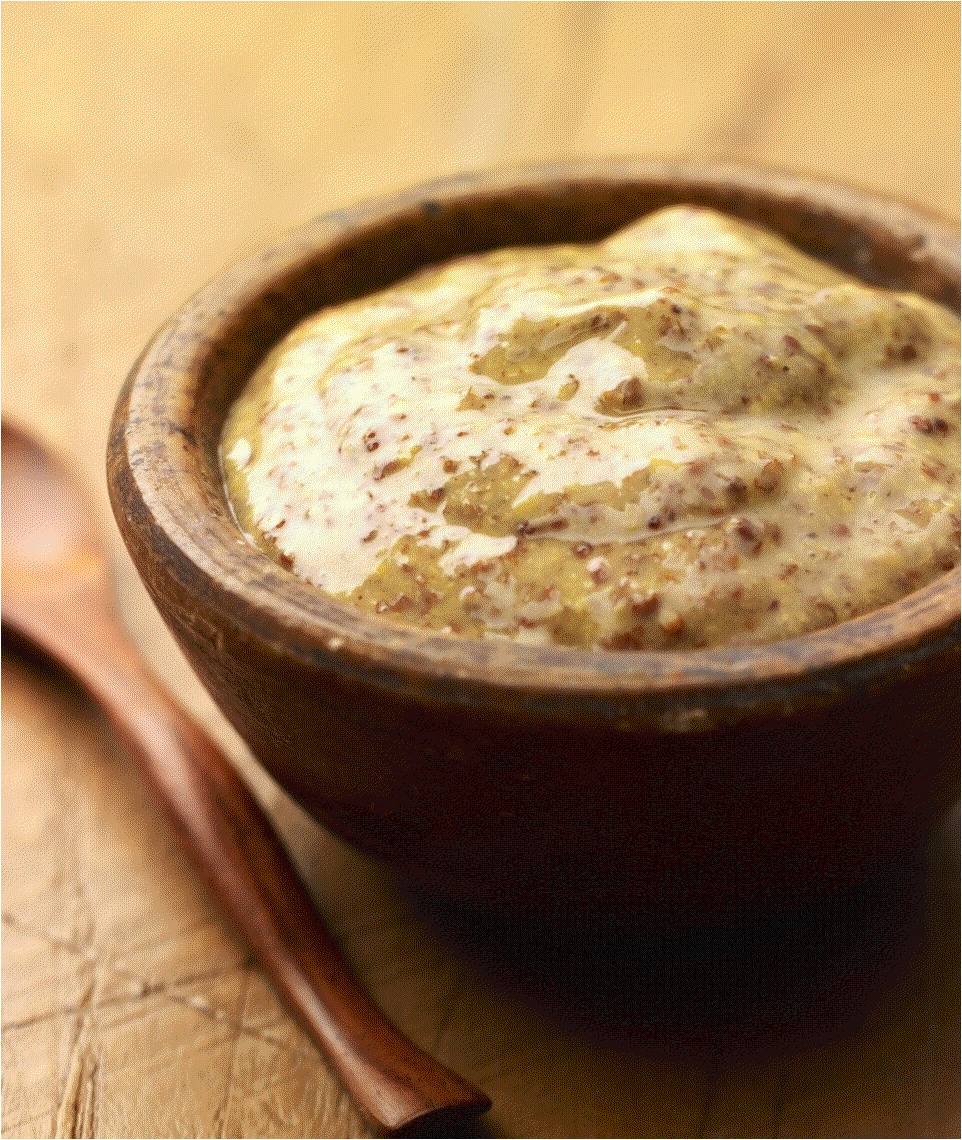The other day, I was talking to my granddaughter, Stella, and I said something about “cutting the mustard.”
She stopped me mid-sentence.
“What does that mean, Nanny? Cutting the mustard?”
(Picture me scratching my head.)
Cut the mustard?
What a funny saying.
This mustard?

Photo by Petr Pakandl via Wikimedia Commons
That mustard?

Creole mustard, photo by Mwaters1120 via Wikipedia
Hmmm …
I told Stella that the saying means, basically, “to be good enough, to do the job well.”
But I also told her I’d investigate the origins of “cutting the mustard,” be it wild-growing or a zesty spread.
What I found was a series of suppositions:
1. Both mustard plants and their seeds are tough to cut, making success a high bar.
“When mustard was one of the main crops in East Anglia, it was cut by hand with scythes, in the same way as corn,” explains Phil Pegum in The Guardian. “The crop could grow up to six feet high, and this was very arduous work, requiring extremely sharp tools. When blunt, they would not cut the mustard.”
2. Culinary mustard is often cut (diluted) with vinegar to make it more palatable, which, one might presume, indicates a job well done.
3. “Another supposed explanation,” proposes Gary Martin of The Phrase Finder, “is that the phrase is simply a mistaken version of the military expression ‘cut the muster’. This appears believable at first sight. A little research shows it not to be so. Muster is the calling together of soldiers, sailors, prisoners, to parade for inspection or exercise. To cut muster would be a breach of discipline; hardly a phrase that would have been adopted with the meaning of success or excellence.” Well, now we can check that one off the list.
“Whatever the coinage, the phrase itself emerged in the United States towards the end of the 19th century,” Martin continues. “The earliest example in print that I’ve found is from the Kansas newspaper The Ottawa Herald, August, 1889.”
The quote read:
He tried to run the post office business under Cleveland’s administration, but couldn’t “cut the mustard”.
Martin surmises that the use of quotation marks in the clip implies that the saying was familiar to readers and already used in common speech.
While my findings may not exactly cut the mustard, I hope they at least pass muster.
Stella will be the judge.





















































This is interesting research on the well known and used phrase. Honestly, I never thought about it much although I have used it on occasion. Leave it to a child to zero in and ask an adult to make clear what they just said. Good job Stella! Keep on making us adults stay on our toes.
Another fascinating thought to greet me at sunrise! I agree that the muster explanation just doesn’t seem to, um, cut the mustard. The scythes, hard work and efficiency needed to cut such a wondrous plant seems more in line with the biblical symbolism of mustard ~ and being biblical in source would indeed date back to a time when such references were in common use. These thoughts for the day sure get my brain going in the mornings! 🙂
I’m looking for an ything Gaming related.
Good research! Somehow, we sometimes ‘know’ what a phrase means (at least to ourselves) but are hard-pressed (?- bet it has something to do with olive oil or grapes!) to explain it. And we seldom know the history of a phrase or where or why it came from or came to be. Always enjoy your comments.